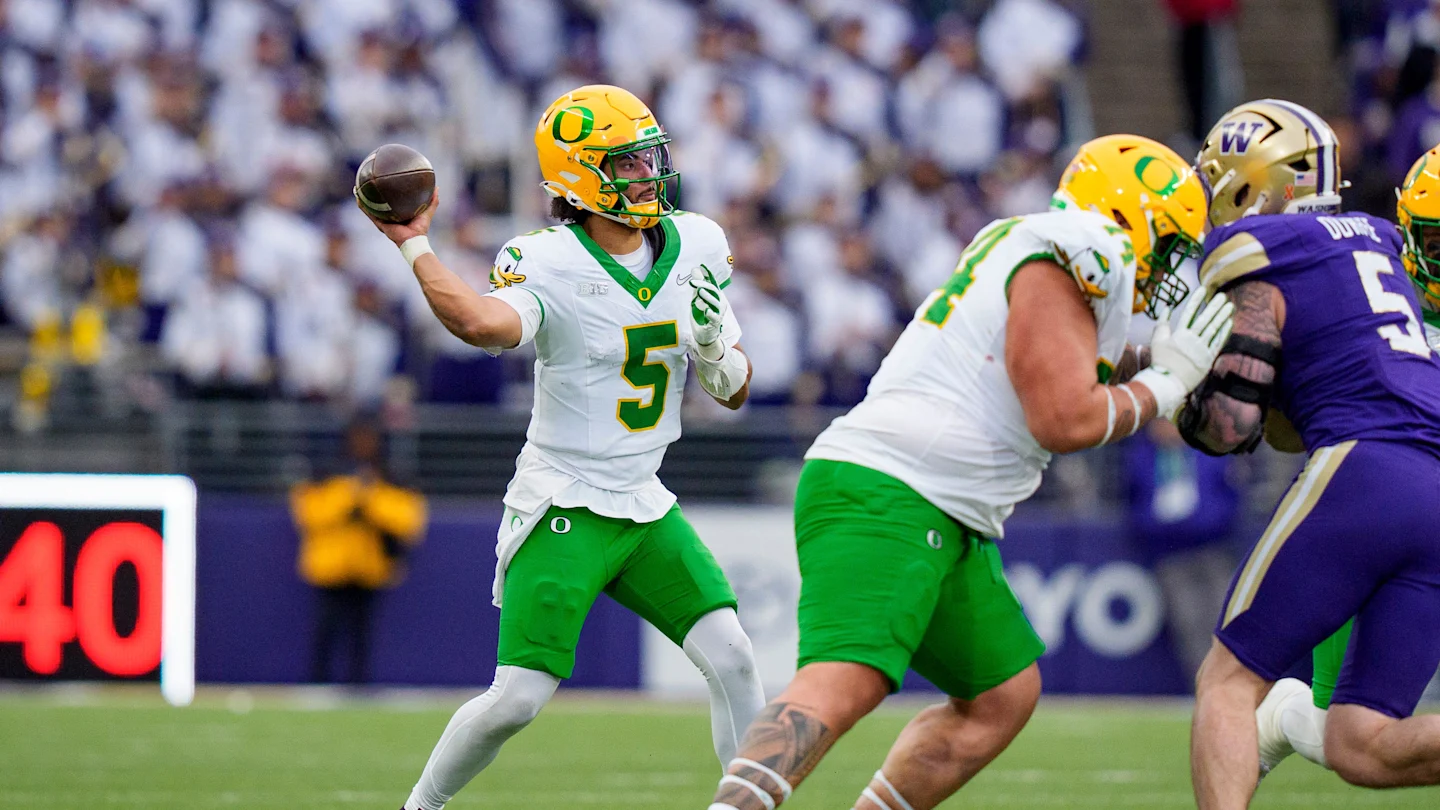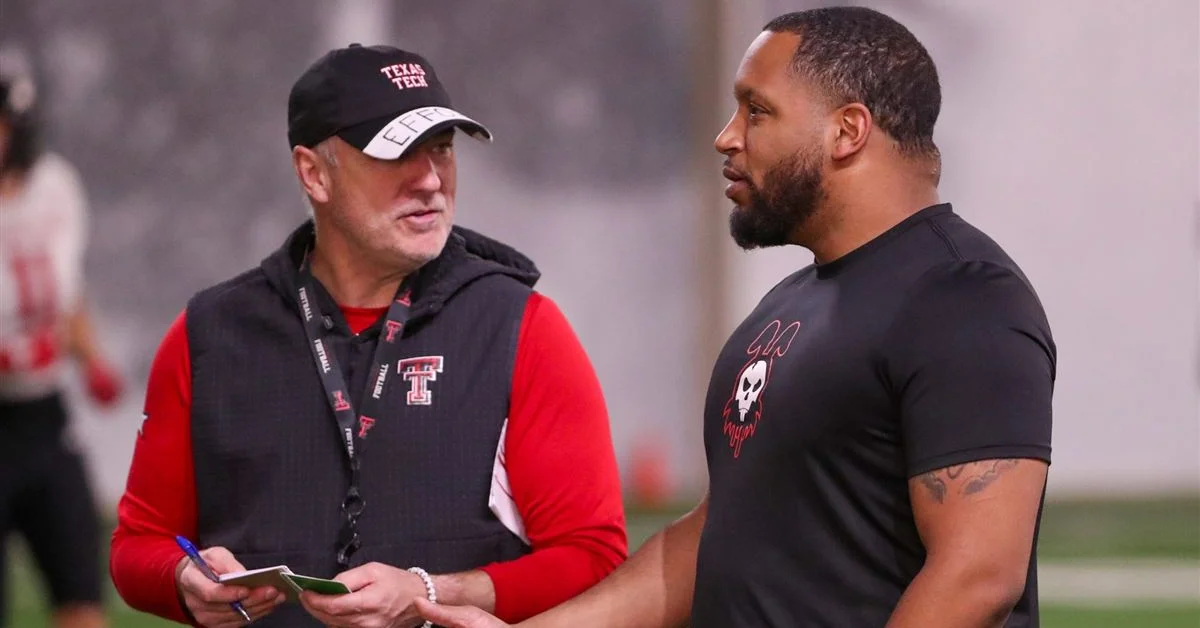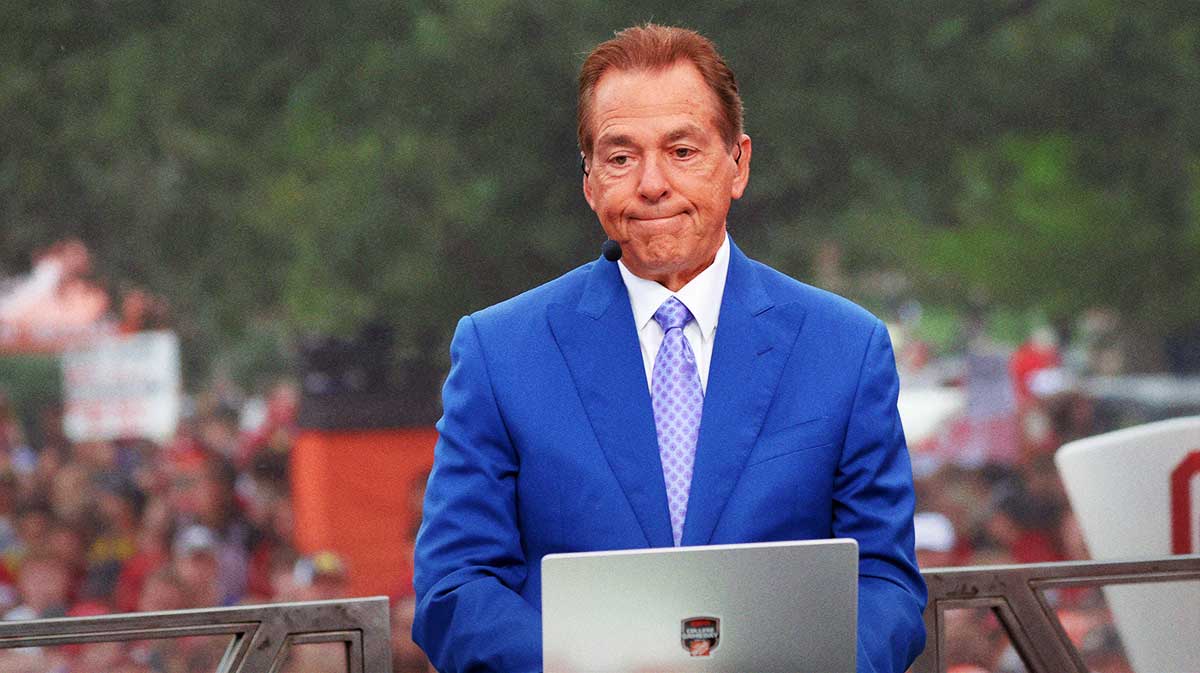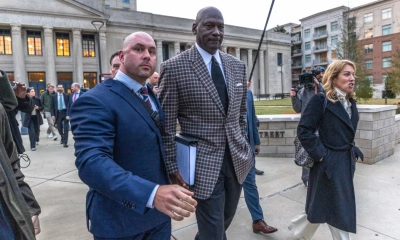NIL
Sal Galatioto Talks Sports Economics



He also discusses his thoughts on the other major leagues. On the NFL, he says, “my golden retriever could run an NFL team and make money.” He applauds the NBA for how it has leveraged the stardom of the players to grow interest. And he talks about how his opinion of the NHL changed when he was retained to sell the Ottawa Senators a few years ago.
Next he shares his opinion on deal-making in specific sports. He explains why he thinks MLB franchises are currently undervalued—there are more home games than any other sport, it’s a better gambling product and its revenue multiples are the lowest among the major U.S. leagues. There’s also a labor battle on the horizon, with owners talking more and more about the possibility of a salary cap; that cost certainty would increase franchise valuations.
He closes by talking about why he thinks the current uncertainty in the U.S. economic markets will not affect sports dealmaking.
On the latest Sporticast episode, hosts Scott Soshnick and Eben Novy-Williams speak with sports banker Sal Galatioto about franchise valuations, MLB economics, and his growing appreciation for pro hockey.
(You can subscribe to Sporticast through Apple, Google, Spotify, YouTube, or wherever else you get your podcasts.)
Galatioto is president of Galatioto Sports Partners, which just celebrated its 20th anniversary. He’s been involved in dozens of sports deals, both on the buy-side and the sell-side. He starts by talking about some of his first—including the Holt family’s entry into the San Antonio Spurs back in the mid-1990s, when you could buy an NBA team for million. At the time, people were debating whether there was bubble in sports valuations. Thirty years later, valuations have continued steadily up, and the questions still persist.
Galatioto talks about why sports teams continue to appreciate. For one, there’s a fixed number of franchises, so supply remains relatively stagnant as demand from billionaires, and now institutional funds, continues to increase. Sports teams are also an asset that is uncorrelated from the rest of the market. During the Great Recession of 2007-2009, he says, franchises kept selling at record numbers. That held true for the COVID pandemic as well.
NIL
$2.3 million college football QB heavily linked to struggling NFL team

The 2026 NFL draft officially opens on April 23 in the shadows of Acrisure Stadium in Pittsburgh, Pennsylvania.
A prominent discussion around the draft is about the organizations in need of quarterbacks and which quarterbacks are expected to be selected in the first round.
Drafts like 2018 and 2021 have featured five quarterback selections in the first round. The 2022 NFL draft only featured one quarterback (Kenny Pickett) in its first round.
The 2026 NFL draft figures to split the difference. While there are franchises that need new quarterbacks, the number is limited to the ones drafting at the very top of the first round.
As for the quarterbacks who will be selected in the first round, Fernando Mendoza of Indiana and Dante Moore of Oregon are the two who have been connected with the very top of the order. Ty Simpson of Alabama has also been floated as a first-round choice, but his position is less well-known than Mendoza and Moore.
The Athletic compiled a projection of how each NFL team missing the playoffs is expected to approach the draft. The projection linked Moore with the Las Vegas Raiders.

Currently, the Raiders hold the worst record in the NFL at 2-14, putting them in line for the No. 1 overall pick. However, one week remains in the 2025 NFL regular season, and with a handful of teams at 3-13, the draft order can change if the Raiders win their regular-season finale.
Unless the season has produced one of the worst records in the league, a starting quarterback is not a position NFL teams look to draft in the first round.
The last multi-year starting quarterback the Raiders drafted was Derek Carr in the 2014 NFL draft, but that was in the second round. JaMarcus Russell is the last quarterback the Raiders selected in the first round, all the way back in 2007. Before Russell, the last quarterback the Raiders drafted in the first round was Todd Marinovich in 1991.
While the trend of the Raiders drafting first-round quarterbacks is few and far between, Oregon is no stranger to having its quarterbacks selected in the first rounds of NFL drafts. Dating back to 2015, Marcus Mariota, Justin Herbert and Bo Nix have all been selected by NFL franchises in the first round of the NFL draft.
Moore began his college football journey at UCLA in 2023. He played nine games for the Bruins and passed for 1,610 yards, 11 touchdowns and nine interceptions.
When Chip Kelly left UCLA to become Ohio State’s offensive coordinator that offseason, he transferred to Oregon.
After redshirting in 2024, he became the Ducks’ starter in 2025. Ahead of the College Football Playoff quarterfinals, Moore has thrown for 3,046 yards, 28 touchdowns and eight interceptions while rushing for 196 yards and two touchdowns.
NIL
Inside Joey McGuire’s calculated program build

One of the 2025 college football season’s major storylines has been Texas Tech‘s rise to the upper tier. The West Texas program made headlines throughout the year, positioning itself as a power player in the NIL and revenue‑sharing world. The Red Raiders dominated Big 12 play and earned a first‑round bye in the College Football Playoff.
When the Red Raiders take the field on New Year’s Day in the Orange Bowl against Oregon, an experiment four years in the making will play out on the big stage. There has been plenty written this year about Texas Tech’s “Maverick” super donor Cody Campbell, its swashbuckling general manager James Blanchard and fiery head coach Joey McGuire, along with a roster filled with high‑priced talent.
How did the Red Raiders get here?
It has been an intentional build since McGuire was hired Nov. 8, 2021, to save a program that was floundering in West Texas. Having resources is one thing, but executing the plan is another. The current Texas Tech team is an intricate puzzle put together over the span of a presidential term, and every piece matters.
NIL
Oregon’s Dan Lanning calls for college football season to end by Jan 1 every year


By Ryan Canfield
Published December 31, 2025
Oregon head coach Dan Lanning continued to campaign for the college football season to end on Jan. 1 every year in an effort to fix multiple issues.
Lanning noted the challenges of coordinators who take head coaching jobs being forced to juggle responsibilities and said he prefers to reduce the long layoff between games. The 39-year-old has been talking about ending the college football season sooner since the summer.
“Every playoff game should be played every single weekend until you finish the season,” Lanning said during his press conference Wednesday. “Even if it means we start Week 0 or you eliminate a bye, the season ends Jan. 1. And then the portal opens. Then coaches that have to move on to their next opportunities get to move to their next opportunities.”
CLICK HERE FOR MORE SPORTS COVERAGE ON FOXNEWS.COM

Oregon Ducks head coach Dan Lanning during the fourth quarter against the James Madison Dukes at Autzen Stadium in Eugene, Ore., Dec. 20, 2025. (Craig Strobeck/Imagn Images)
Lanning reiterated throughout his news conference that he thought playing in the first round allowed his team to stay in a rhythm. Last season, Oregon was the No. 1 seed and lost in its first College Football Playoff game to Ohio State.
The NFL plays games on Saturdays throughout the month of December, which Lanning disagrees with. He would rather see Saturdays remain exclusive to college football to quicken the pace of the College Football Playoff to finish the season by Jan 1.
“I’ve got a ton of respect for the NFL, but we’re a prep league for the NFL,” Lanning said. “We do a lot of favors for the NFL. We’re the minor league in a lot of ways, but there’s no money paid from the NFL to take care of college football.
NATIONAL CHAMPION COACH WANTS TRUMP ‘MORE INVOLVED’ IN NIL REGULATION: ‘OUR SPORT IS GETTING KILLED’

Oregon head coach Dan Lanning looks at the scoreboard during the first half of the first round of the NCAA College Football Playoff against James Madison Dec. 20, 2025, in Eugene, Ore. (AP Photo/Lydia Ely)
“We’ve given up some of our days to the NFL. We said, ‘Oh, you guys get to have this day, you get to have this day, you get to have this day.’ Saturday should be sacred for college football, and every Saturday through the month of December should belong to college football.”
Oregon’s offensive and defensive coordinators are both trying to navigate their dual responsibilities. Offensive coordinator Will Stein took the Kentucky job, while defensive coordinator Tosh Lupoi took the California job.
If Oregon advances beyond the quarterfinals, both coaches will be dealing with navigating the transfer portal, which opens Jan. 2, while also trying to coach the Ducks to a national championship.
CLICK HERE TO DOWNLOAD THE FOX NEWS APP

Bundle FOX One and FOX Nation to stream the entire FOX Nation library, plus live FOX News, Sports and Entertainment at our lowest price of the year. The offer ends on Jan. 4, 2026. (Fox One; Fox Nation)
“Our national championship game this year is Jan. 19, and that’s really hard to envision as a coach that’s going out and trying to join a new program and start a staff,” Lanning said.
“It’s hard for players to understand what continuity looks like and where they’re going to be at and to manage that with visits, the portal, everything else that exists. The clear way to do that is to bump the season up and make sure these playoff games happen a lot faster.”
Oregon will take on Texas Tech in the Orange Bowl Jan. 1 at noon ET.
Follow Fox News Digital’s sports coverage on X, and subscribe to the Fox News Sports Huddle newsletter.
URL
https://www.foxnews.com/sports/oregons-dan-lanning-calls-college-football-season-end-jan-1-every-single-year
NIL
Dan Shaughnessy: Is college sports broken?

It’s a huge week for big-time college sports. We’ve got bowl games every hour, with a national championship at stake. Meanwhile, NCAA basketball repeat violator John Calipari (two Final Four appearances vacated) is delivering lectures about the evils of NIL and the transfer portal. Cal, who has coached for eight NCAA and NBA teams, is shocked, shocked, that college basketball players keep transferring.
The vaunted NCAA — overseer of the once-glorious Pac-10, Big Ten, and Big East — has yielded to a Wild West of “straight cash, homie” and regionally random, power conference monopolies. The system is irreparably broken, yet more popular than ever.
God bless to folks who still love it. I understand the lure of rooting for Old State U, “boola boola” and all that. If you live in a yahoo town with no real professional sports, it’s good to have a legacy college program in your midst. This explains football mania in Columbus, Ohio, State College, Pa., Athens, Ga., and Tuscaloosa, Ala. When March Madness takes hold, it’s the same deal in Lexington, Ky., and Spokane, Wash. All of America loves a nice little 16-seed beating a 1-seed and CBS’s shining moments can make grown men weep.
I get it. I just want no part of it and am proud to work in a region in which big-time college sports don’t move the needle one little bit.
Remember when Boston College had Matt Ryan and the No. 2 football team in the nation for a couple of weeks back in 2007? Of course you don’t. Nobody knew it even then. The Red Sox had just won the World Series, the Patriots were on their way to 18-0, and the Celtics were kicking off the ubuntu championship of 2007-08.
We are a pro sports town. That’s it.
All of which brings me to recent conversations I had with a couple of former Ivy League basketball players: Harvard’s Charlie Baker and Dartmouth’s Peter Roby. They played against one another a half-century ago. Both are tall enough to eat candy off my head. Both graduated in 1979.
Most of you know Baker. He went on to become governor of Massachusetts for eight years, and today he serves as president of the NCAA, a lucrative ($3.15 million per year) yet thankless five-year gig that will take him halfway into 2028.
I told Charlie I wouldn’t take his job for all the money in the world. The NCAA is a hopeless mess and there’s simply no fixing it.
“There’s a lot about it that’s frustrating,” Baker said over lunch last week. “But I spent most of my career in healthcare and government, and those can be frustrating environments, as well. OK?“
Roby knows the college sports landscape as well as anybody. He’s a former athletic director at Northeastern and Dartmouth, was head basketball coach at Harvard, and served a five-year term on the NCAA selection committee for the men’s basketball tournament. He’s an outgoing member of the Knight Commission on Intercollegiate Athletics.
Here’s Roby’s assessment of college sports today:
“No one talks about education or personal development at the highest levels. It’s about transfer portal, NIL revenue sharing, and the need for congressional intervention. Schools continue to complain about rising costs and the need for more revenue, yet they are paying out multimillion-dollar buyouts for fired coaches and hiring coaches at $12 million per year.
“The way things are trending, the NCAA will not exist in its current form in the next few years. It will only manage sports championships. All the legal settlements have resulted in billions of dollars being paid out over the next 10 years, and that money is coming from the NCAA and member schools. This has resulted in less programs being offered to students, coaches, and administrators by the NCAA, while rendering the NCAA powerless to pass overarching legislation or enforce current rules for fear of more litigation. All of this comes as a result of the failure of presidential leadership and overreach by boards of trustees.”

Baker counters: “With all respect to Peter, I don’t think he’s being fair to the power conferences when he puts it that way. For all the talk about the power conferences and the ‘money’ that’s involved in those operations, they are huge investors in women’s sports. I just went to the women’s volleyball championships for the second year in a row. That’s going to be a rocket ship.”
What about NIL?
“In my first year the only people who were allowed to talk to student-athletes about money was everybody but the school,” said Baker. “That’s not good because the school is more likely to have a different point of view than the agents and the collectives. For me, making it possible for the schools to participate in an NIL program so at least they could talk to kids and maybe create a relationship, might help kids stick around. We’re still early in the process.”
We haven’t even gotten into issues of eligibility. Or court rulings. It’s really complicated.
Baker understands the notion that name, image, likeness has, in fact, become “wages.”
“People will call it all kinds of things, and I’m OK with that,“ he said. “Most of these schools, especially the ones that have the biggest school-based NIL programs, those programs are a huge part of these schools’ brand. To say that the Alabama football team doesn’t have a lot to do with the success of the University of Alabama is a misnomer. Same with Ohio State. Michigan. Those schools have benefited in a major way from the success of their sports teams.”
Roby’s position: “It’s time to separate those schools from schools that believe in the primacy of education and the personal development of young people. The NCAA is made up of 1,100 schools in all three divisions and the overwhelming majority of them want to educate young people and prepare them for a life of purpose and impact.
“Let’s create another division within Division 1 to allow like-minded schools to compete on a more level playing field academically, philosophically, and athletically.”
“I think to say that the power conferences don’t care about education is wrong,” argued Baker. “If you look at their graduation rates, they’ve improved dramatically in the last 15 years. I worry a lot about the transfer stuff having an impact on graduate rates, but the transfer rules we had were taken away from us in a court decision in West Virginia a couple of years ago.”
Ah yes, the courts. These days, the NCAA is in court more than the White House. And the law has been friendly to athletes, making the college sports industrial complex ever more complicated and less stable.
“Most of the student-athletes I talk to really want to be students first and want to play sports,” said Baker. “They do not want to be employees. That’s not how they want to roll. Ours is a voluntary membership organization. They can leave any time they want. But the good news is that for 100-plus years, they’ve stayed. But one of the reasons to simplify the Division 1 governing model is that I don’t want schools to leave. I want them to stay. If you leave the NCAA, you give up your chance to win a national championship.
“The thing that people don’t see that I get to see all the time is the kids. They make me glad I am in this role. They are smart, proud, accomplished. The lessons they learn playing sports about teamwork and putting your own interests aside and being able to take constructive criticism and do the grind. They’re applicable everywhere for the rest of their lives.
“I’m too much of an optimist to think anything is hopeless.”
Dan Shaughnessy is a Globe columnist. He can be reached at daniel.shaughnessy@globe.com. Follow him @dan_shaughnessy.
NIL
2025-26 College Football Playoff quarterfinal, bowl game predictions, picks, odds

There is no juggernaut. There is no team still standing that will be talked about in the decades to come.
In the absence of one, Ohio State was often treated like one, sporting a historically efficient defense, last season’s national championship rings and the No. 1 ranking for nearly the entire season. But the potentially fatal flaw has been visible since the season opener, when the Buckeyes squeaked by Texas with 14 points. It emerged again in the Big Ten title game, when Ohio State scored 10 points in the loss to Indiana.
The defending champs enter the playoff as the No. 2 seed, but with the 28th-ranked offense, having been limited to less than 20 points per game against the four toughest defenses (Texas, Washington, Michigan, Indiana) it faced, led by a first-year starter (Julian Sayin) who has struggled under pressure, and was sacked five times against the Hoosiers.
Miami’s front is built to create similar havoc — featuring All-American Rueben Bain Jr. and senior Akheem Mesidor — part of a top 10 defense that forces nearly two turnovers per game, shuts down the run and excels in the red zone. The Hurricanes (+9.5) may also struggle to score, but their College Football Playoff first-round upset at Texas A&M will be far more beneficial than the Buckeyes’ 25 days off heading into Wednesday night’s quarterfinal.
Ohio State — still the betting favorite to win the national title — has fallen short of that goal the past three times it spent the majority of the season atop the polls (1998, 2006, 2015). The Buckeyes’ three most recent national championships (2002, 2014, 2024) were all unexpected, including last season’s run as an 8-seed.
Orange Bowl: Texas Tech (+2.5) over Oregon
Texas Tech has exceeded its NIL-fueled hype, winning its first Big 12 title, while going undefeated with Behren Morton under center, as well as 12-0 against the spread with its starting quarterback healthy.
Though Dan Lanning has made the Ducks annual contenders, he has also lost the team’s biggest games every season, most often as the favorite.
Texas Tech’s top-ranked run defense will force Dante Moore to shoulder too much responsibility, having thrown for an average of 149 yards, with one touchdown and three interceptions in his two previous matchups against top 10 defenses (Indiana, Iowa), when the Ducks averaged 19 points.
Rose Bowl: Alabama (+7.5) over Indiana
It was no coincidence that each team that received a bye last year came out flat. The Hoosiers will not be immune to the effects of being off for nearly four weeks, of spending the past month as the top-ranked team in the nation, and no longer able to play the card that no one believes in them.
For once, Alabama carries that chip, in the unthinkable scenario of the most dominant program in the sport’s history playing the role of the underdog against the FBS team with the most all-time losses. The pressure is on the Hoosiers — who have won three games by five points or less — and Heisman winner Fernando Mendoza, whose stock has been inflated by a generationally poor quarterback class.
The Tide won’t lack confidence, coming off an incredible comeback at Oklahoma, and entering with more talent and depth than the nation’s top-ranked team.
Sugar Bowl: Georgia (-6.5) over Ole Miss
The Rebels wouldn’t have signed up for this rematch after surrendering the game’s final 17 points — of a season-worst 43 allowed — against the Bulldogs on Oct. 18, when Georgia controlled possession and Gunnar Stockton had his best performance of the season.
Kirby Smart’s core won’t face-plant in back-to-back playoffs, with his defense peaking — allowing an average of 7.3 points in the past four games — and Lane Kiffin’s absence certain to be felt.
ReliaQuest Bowl: Iowa (+5.5) over Vanderbilt
The Hawkeyes always have hope, suffering their four losses — all against ranked teams — by an average of less than four points. It doesn’t feel good to bet against Diego Pavia, but Iowa’s top 10 defensive ranking is well-earned, having held a pair of top 10 offenses (Indiana, Oregon) to nearly 20 points below their season averages.
Sun Bowl: Duke (-3.5) over Arizona State
The Sun Devils haven’t been the same without starting quarterback Sam Leavitt. Now, Kenny Dillingham will be without his top receiver, running back and pass rusher, as well as both starting tackles.
That is enough to tilt the field in favor of one of the ACC champs, whose opportunistic defense should give extra possessions to Darian Mensah, the nation’s fourth-leading passer.
Citrus Bowl: Michigan (+6.5) over Texas
It’s hard to know which team will show up when so many key players from each side won’t show up. Though Arch Manning will suit up — who knows for how long? — the Longhorns defense and backfield has been decimated, making the Wolverines a live dog after their upset of Alabama in the same bowl last year. New coach Kyle Whittingham will be watching. Will Sherrone Moore?
Las Vegas Bowl: Utah (-14.5) over Nebraska
The Cornhuskers will have plenty of issues putting up points without their star quarterback (Dylan Raiola) and running back (Emmett Johnson), but the defense is a bigger problem, most recently surrendering 40 points to Iowa’s 121st-ranked offense.
Utah’s longtime defensive coordinator turned head coach, Morgan Scalley, knows the path to success comes from pounding the rock. Anything under 200 yards would be a shock.
Armed Forces Bowl: Rice (+14.5) over Texas State
A game that highlights the absurdity of the bloated bowl season features an Owls (5-7) team that has no business being rewarded. But Rice — which was only invited after multiple schools declined — should demonstrate urgency, looking for its first bowl win since 2014 under first-year coach Scott Abell. The Bobcats are 0-2 against the spread this season as favorites of two touchdowns or more.
Liberty Bowl: Navy (-7.5) over Cincinnati
Since 2013, the service academies are 19-3 against the spread in bowl games, being largely shielded from opt-outs and the transfer portal.
Cincy isn’t so lucky, entering this game without standout quarterback Brendan Sorsby — who will soon collect seven figures elsewhere — and at least five other starters. Even at full strength, the Bearcats would’ve struggled to stop Navy’s top-ranked ground game, owning the nation’s 104th-ranked run defense.
Holiday Bowl: Arizona (-2.5) over SMU
The Wildcats will want it more, bouncing back from a 4-8 campaign to potentially finish this season with six straight wins, while the Mustangs — who are 0-3 in the postseason under Rhett Lashlee — may struggle to find motivation, most recently blowing their chance to make the playoff for the second straight year. Arizona hasn’t allowed more than 200 yards passing since September.
Betting on College Football?
Duke’s Mayo Bowl: Mississippi State (-3.5) over Wake Forest
The Bulldogs endured a grueling SEC gauntlet, and are far better than their record (5-7) suggests, having also gone 3-0 against the spread as a favorite. True freshman quarterback Kamario Taylor ran for 173 yards and two touchdowns in his first career start against Ole Miss, while the Demon Deacons’ inconsistent offense will be without leading-rusher Demond Claiborne.
Best bets: Georgia, Navy
This season: 116-131-1 (18-31) (entering Tuesday)
2014-24 record: 1,392-1,309-31
Why Trust New York Post Betting
Howie Kussoy has long been the New York Post’s main handicapper in college basketball (since 2011) and college football (since 2013).
NIL
James Nnaji NIL signing with Baylor basketball has Nick Saban up in arms

James Nnaji NIL signing with Baylor basketball has Nick Saban up in arms appeared first on ClutchPoints. Add ClutchPoints as a Preferred Source by clicking here.
The 2025 college basketball season has been upended by the fact that a former NBA Draft pick, James Nnaji, joined the Baylor basketball program mid-season. James Nnaji was picked 31st in the 2023 NBA Draft, and after trades, the Knicks currently own his draft rights. The Bears added Nnaji because he has never played college basketball or the NBA, but the move has sent ripples through college basketball.
Advertisement
One of the biggest names in college sports and a legendary college football coach, Nick Saban, addressed the situation with Nnaji on the most recent episode of “The Pat McAfee Show.” Saban made clear that he likes that the players can make money, but he does not like the constant transferring and how muddied the eligibility rules are. He also said that he got a lot of complaints from John Calipari and Tom Izzo despite not being involved in basketball.
Saban said, “I want them to make money. I think they should make money, but there should be some restrictions on how they go about doing it, and the movement is as big an issue to me as the money itself. I mean, everybody being able to transfer at all times. I mean, that’s not a good thing.
“Now we even have a basketball player going to Baylor after he played in the NBA. I mean, you heard me say this before: you want a quarterback drafted by the New York Giants? He’s going to be playing for Penn State. What about that? How crazy it’s got. I got Calipari and Izzo blowing me up. I’m not even a basketball guy. Blowing me up about this kid.”
One massive reason Saban retired in the first place was the issues that have popped up in college football and college sports in general, related to the lack of guardrails on NIL and the excessive emphasis on the transfer portal.
Advertisement
Nick Saban has also been consistently trying to fix college sports. While the NCAA said no one who plays in the NBA will be eligible, Nnaji never played in the NBA, which is a big loophole.
Related: Tiffani-Dawn Sykes gets real on potential Virginia State move to the MEAC
Related: Caleb Wilson accomplishes North Carolina Tar Heels feat not seen in 30 years
-

 Sports3 weeks ago
Sports3 weeks ago#11 Volleyball Practices, Then Meets Media Prior to #2 Kentucky Match
-

 Motorsports3 weeks ago
Motorsports3 weeks agoNascar legal saga ends as 23XI, Front Row secure settlement
-

 Sports3 weeks ago
Sports3 weeks agoMaine wraps up Fall Semester with a win in Black Bear Invitational
-

 Motorsports3 weeks ago
Motorsports3 weeks agoSunoco to sponsor No. 8 Ganassi Honda IndyCar in multi-year deal
-

 Motorsports2 weeks ago
Motorsports2 weeks agoRoss Brawn to receive Autosport Gold Medal Award at 2026 Autosport Awards, Honouring a Lifetime Shaping Modern F1
-

 Rec Sports3 weeks ago
Rec Sports3 weeks agoWNBA’s Caitlin Clark, Angel Reese and Paige Bueckers in NC, making debut for national team at USA camp at Duke
-

 Motorsports3 weeks ago
Motorsports3 weeks agoRick Hendrick comments after the NASCAR lawsuit settlement
-

 NIL3 weeks ago
NIL3 weeks agoNike Signs 10 LSU Athletes to NIL deals
-

 Rec Sports2 weeks ago
Rec Sports2 weeks agoStempien to seek opening for Branch County Circuit Court Judge | WTVB | 1590 AM · 95.5 FM
-

 Rec Sports3 weeks ago
Rec Sports3 weeks agoEast Bay woman who embezzled $1.6 million from youth charity sentenced to prison




























































